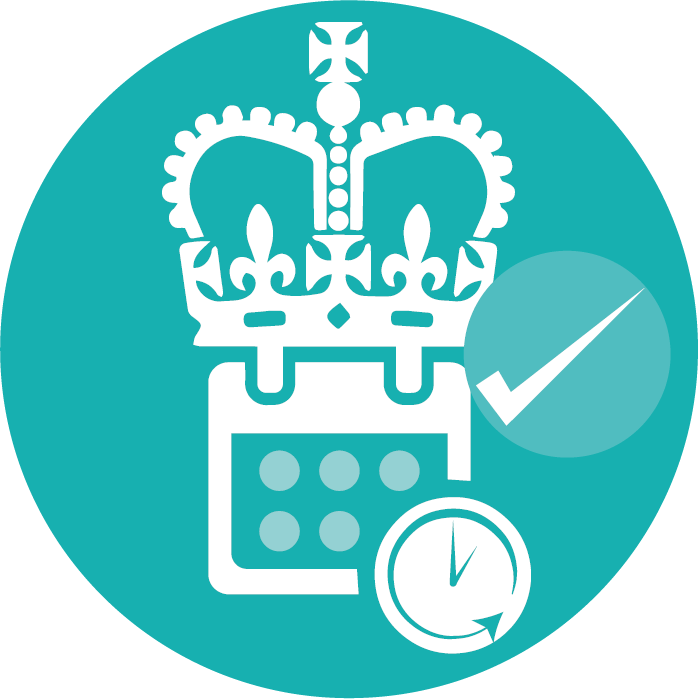If you are buying a residential property in Scotland, you are likely to pay Land and Buildings Transaction Tax (LBTT). If you are purchasing a second home, you may also have to pay the Additional Dwelling Supplement (ADS) on top of the applicable rate of LBTT.
LBTT is the Scottish equivalent to Stamp Duty Land Tax (SDLT) which is payable in England and Northern Ireland.
If you are purchasing a residential property for less than £145,000, there is no LBTT to pay in Scotland. If you are a first-time buyer, there is no LBTT to pay on the first £175,000 of the purchase price.

Current LBTT rates in Scotland – based on purchase price
- Up to £145,000 (£175,000 for first time buyers) – 0%
- £145,001 to £250,000 – 2%
- £250,001 to £325,000 – 5%
- £325,001 to £750,000 – 10%
- >£750,000 – 12%
If you are purchasing a property for £400,000 then the first £145,000 is taxed at 0%, the next £105,000 is taxed at 2%, the next £75,000 at 5% and the remainder is taxed at 10%.
If you already own a residential property, there is an additional charge of 4% on the purchase price -known as the Additional Dwelling Supplement (ADS). Using the example above, the ADS payable on £400,000 second home in Scotland would be £16,000.
For the full range of property transaction taxes applicable in Scotland the rest of the UK see >UK Tax Rates 2022-23
Capital gains tax (CGT) and residential property
When you sell a residential property that is not your main home, CGT is payable on any gain you made.
You do not need to pay CGT on any gains you may have made from selling your primary residence unless you also used the property as a business premises or let out all or part of your primary residence.
If you sold an investment property or holiday home, then you will have to pay CGT on the gain.
The first £12,300 on any gains you make during the 2022-23 tax year will not be taxed, this is your annual CGT allowance. If you are a married couple or civil partnership, who jointly own the property, you can combine your allowances to give you tax-fee amount of £24,600 per year. Remember this is a use it or lose it allowance – it can’t be carried forward to future years.
CGT is 18% for standard rate tax payers and 28% for higher rate taxpayers.
CGT is payable on the gain, not on the sale price and is calculated as follows: purchased price less the sale price + your transaction costs and any improvement costs. If you added a conservatory or an extension to the property, the improvements need to have increased the value of the property.
Following a rule change in April 2020 if you sell property in this tax year and a gain has accrued, you must pay HMRC within 30 days of the transaction completion date. >Capital Gains Tax Planning
Buying residential property through a company?
If you are purchasing residential property through a company then the ADS applies to the first and every subsequent transaction over £40,000.
There are exceptions, if you are purchasing property through a trust or using other additional tax reliefs to purchase the property, generally acquisitions by non-individuals e.g. company, will be liable for the 4% ADS plus the applicable LBTT rate.
There may also be additional tax charges to consider if you are purchasing a higher value property >£500,000. The Annual Tax on Enveloped Dwellings (ATED) charges should be considered in your pre-purchased decision making.
Any gain realised on the disposal of a residential property purchased through a company would also be liable to corporation tax (rather than CGT).

Purchasing property: company vs private individual?
There are good reasons for and against purchasing residential properties through a limited company or as a private individual/sole trader.
A lot depends on your own circumstances and investment objectives.
The range of reliefs and allowances previously available to landlords who purchased and managed investment/rental properties are no longer as generous so the benefits of incorporation for some are no longer as attractive.
We will discuss the various options with you in terms of how you wish to extract income from your investment properties, the taxes and additional charges that may be payable on purchases and disposals.
We will also talk you through the other compliance costs you should consider when weighing up the best way for you to purchase residential property e.g. preparing accounts, submitting corporation tax returns (if limited company) or partnership taxation return (if a partnership), as well as the annual self-assessment tax return for private individuals, sole traders, partners and company directors.


 Inheritance Tax Planning
Inheritance Tax Planning  Personal allowances and tax reliefs
Personal allowances and tax reliefs  Self-assessment tax return
Self-assessment tax return  Funding Matters
Funding Matters Tax Planning + Advice
Tax Planning + Advice Strategy + Planning
Strategy + Planning Accounts, Bookkeeping + Payroll
Accounts, Bookkeeping + Payroll